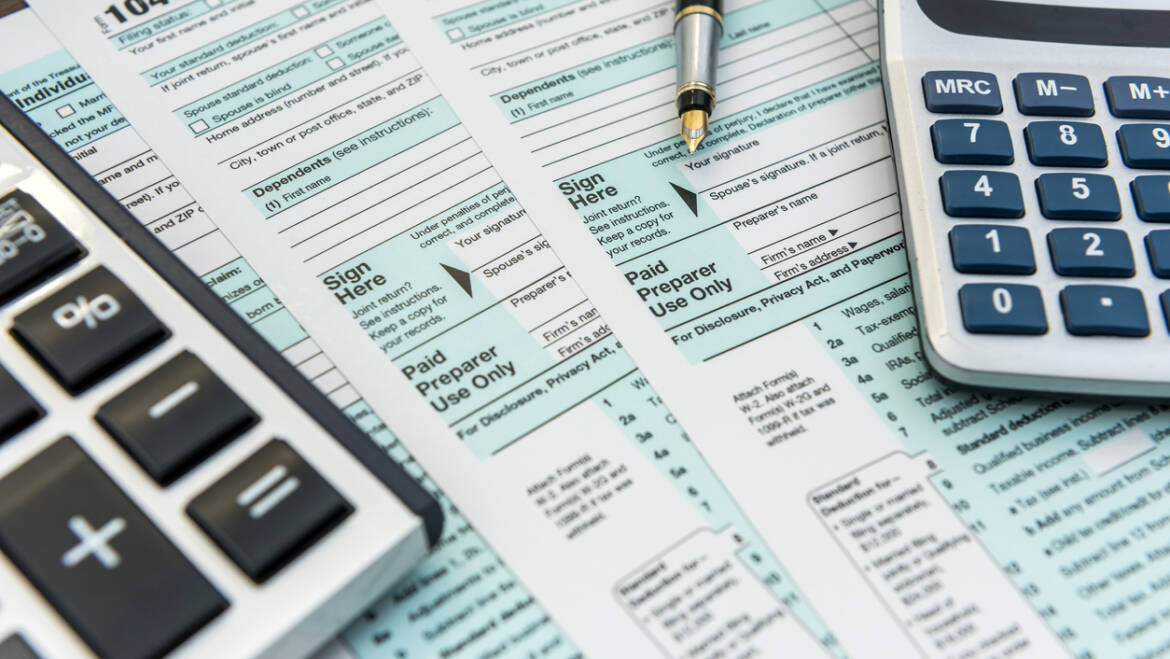
It’s tax season again, which means owner-operators must take a closer look at their books. Unlike company drivers, owner-operators are considered self-employed and have a different status when it comes to tax deductions. With each new president, it seems as if the tax laws change, so it’s important to keep on top of your finances and record everything. Let’s look at how your taxes break down and what can be claimed as deductions.
How Should Owner-Operators Handle Their Taxes?
Since owner-operators are self-employed, they must handle their own taxes and have different responsibilities than a company driver. When you work for a company, they take your taxes right out of your paycheck. Owner-operators must do that on their own and pay what they owe every season. Your self-employment tax rate is 15.3%. 2.9% of it is for Medicare and 12.4% is set aside for Social Security. Then you must worry about your Federal and State income taxes, which vary depending on your income.
Claiming Accommodations
Accommodations are a tricky tax write-off. If you find yourself away for the night and require a hotel room, it’s very important to keep a record of each expense. You can receive a discount, but you won’t receive a standard housing allowance deductible since you don’t technically live there. This will be even harder to do if you don’t have a specific place of residence. That’s because your home will be considered where you work (like your truck) and if you’re in a hotel, you’re not technically far from your home or work. That means you won’t get a deduction for accommodation.
Food Deductions
As an owner-operator, you’re allowed to deduct the cost of take-out meals while on the road. This is a large portion of your budget if you’re eating out a lot at truck stops and fast-food restaurants. The IRS does have a standard meal allowance you can use specifically for the industry, but you must, again, keep track of every single expense. That’s because the deductible is only 80% of the total, but you must track every expense to receive it.
Other Over-the-Road Expenses
Living on the road isn’t cheap. There are a lot of other expenses to consider. Which ones can be deducted? The big question is, which expenses were necessary for your life on the road? Items like tools, safety equipment, costs associated with care, like laundry, gloves, and even cell phones all fit. This also includes operating expenses, like fuel costs. Again, the important thing to remember here is to keep your receipts and track every single purchase. If you bought it for your job, write it down.

